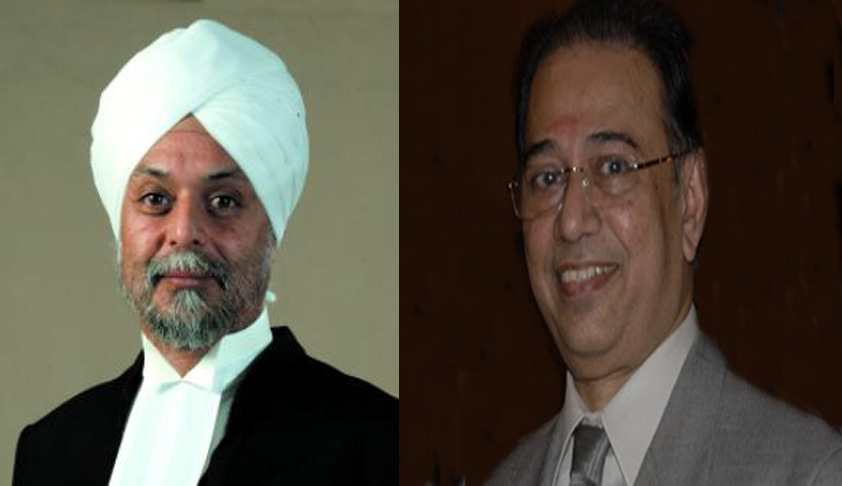We won’t allow Bench Hunting, Bench-Hopping or Bench Avoiding; Justice Kehar in Sahara Judgment
LIVELAW NEWS NETWORK
6 May 2014 9:02 PM IST

Next Story
6 May 2014 9:02 PM IST
In the Sahara Judgment delivered by the two Judge Bench consisting of Justce Radhakrishnan and Justice Kehar, the Supreme Court has come down heavily on Senior Counsels by saying that “if it was learned counsel’s posturing antics, aimed at bench-hunting or bench-hopping (or should we say, bench-avoiding), we would not allow that. Affronts, jibes and carefully and consciously planned...
